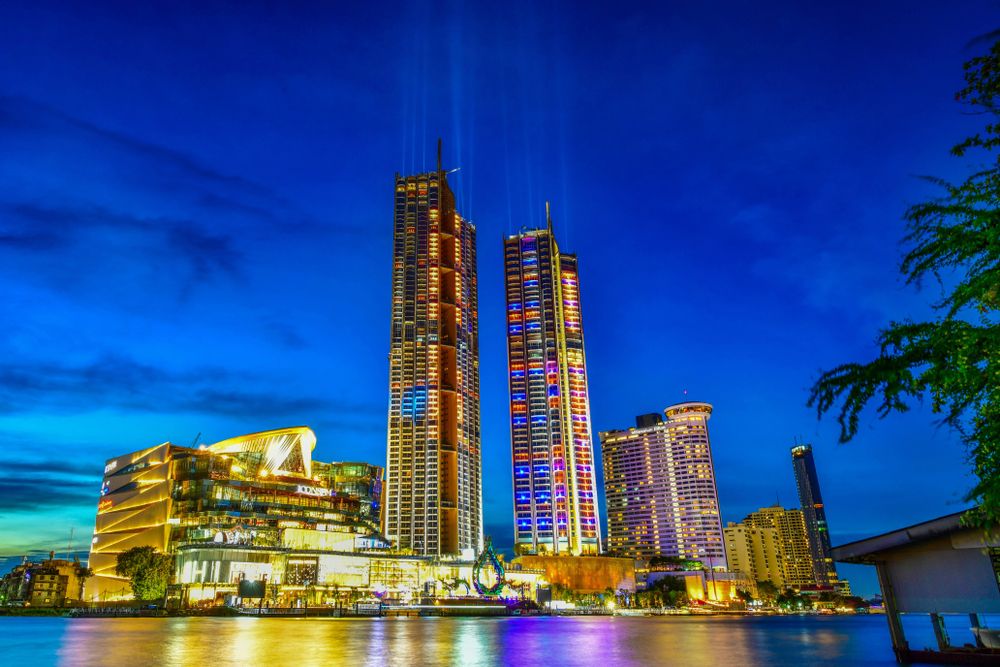For Bangkok retailers, competition intensifies both offline and online
It’s bricks versus clicks (and more bricks) as e-commerce grows and developers build new shopping malls in the Thai capital

Developers of brick-and-mortar retail establishments in Bangkok are facing stiffer competition not just from online stores but also from peers.
The Thai capital now has over 600,000 square metres of under-construction retail space, due for completion by 2023, according to a report released today by CBRE Thailand. Traditional physical stores are also reckoning with the continued traction of e-commerce in the kingdom, the total value of which has topped THB812.6 billion (USD26.5 billion), the highest in Southeast Asia.
“The revolution in retailing with coming of e-commerce and competition from new supply means that landlords will have to be a lot more sophisticated in what they provide both in terms of mall format and data,” said Jariya Thumtrongkitkul, head of advisory and transaction for retail at CBRE Thailand.
As consumers disperse to rivals offline and online, retail developers should pursue an omnichannel approach, providing customers an integrated experience by making sales available both through online avenues and physical stores, the consultancy suggested.
More: In challenging market, Thai developers get creative
Central Group, one of the kingdom’s foremost retail developers, has launched an e-commerce site and digital wallet and invested USD200 million in Grab Thailand, dramatically expanding its online distribution channels.
Thai brick-and-mortar retailers are seeking to differentiate themselves from online competitiors by building more experiential retail spaces. “Creating limited time opportunities through pop-up stores or events is another emerging trend giving people a reason to get up and go to a mall because they will not be able to get the product or have the experience elsewhere or at another time,” Jariya noted.
With Thailand’s Consumer Confidence Index (CCI) dropping to 79.4 in December, the lowest in 10 months, more shopping mall tenants are demanding landlords to assume some risk, basing rents on a percentage of the store revenue (‘gross profit rent’) rather than fixing rates. Tenants are also calling on landlords to share more data with them regarding foot traffic, frequency of shopping visits, common purchases, and other insights.
Tenants are going to be “increasingly demanding” about such data to target products and services better to customers, the report suggested.
Recommended
Why everyone is moving to Selangor and Johor: Malaysia’s real estate comeback
Malaysia’s upturn in fortunes is especially prevalent in secondary destinations such as Selangor and Johor
Penang’s silicon boom: How the US-China tech war is supercharging local real estate
Penang’s booming semiconductor industry has created ripples within the local real estate sector
New leader, new opportunities: How Hun Manet is shaking up Cambodia’s real estate game
Hun Manet is overseeing decent economic growth and widening access to the country’s real estate market for foreigners
Singapore embraces inclusive housing reforms amid resilient demand
The Lion City’s regulatory strength continues to exert appeal for international investors








